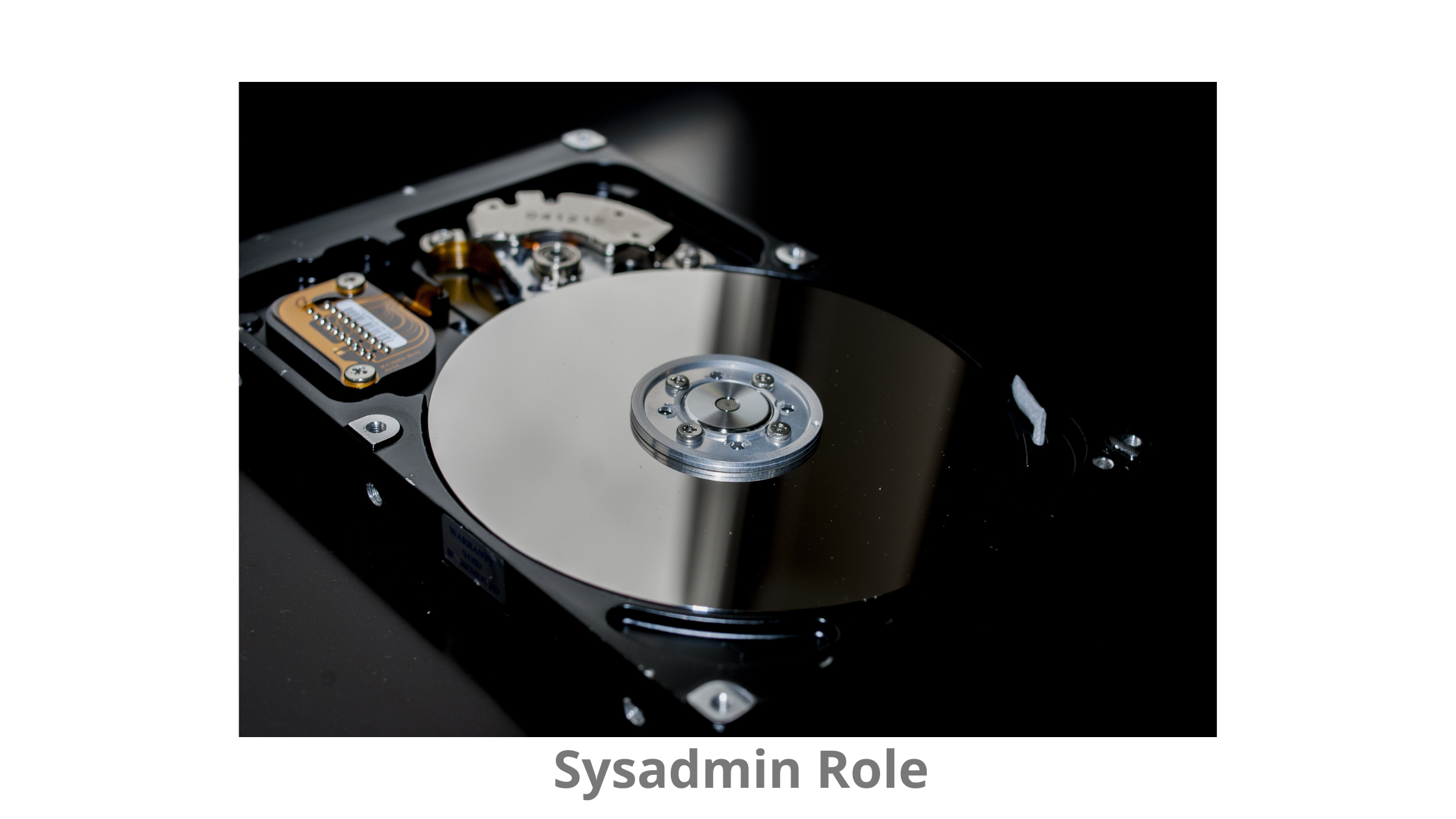The role of System administrators, commonly known as sysadmins, are vital to the success of modern businesses. They work quietly behind the scenes to ensure that IT systems are reliable, secure, and efficient. Without sysadmins, many organizations would face operational delays, security risks, and frustrated employees. This article explores the importance of sysadmins, their responsibilities, and the skills they need to thrive in a fast-changing digital landscape.
Who Are System Administrators?
The role of system administrators manages and maintains an organization’s IT infrastructure, ensuring that servers, networks, and devices function properly. They’re problem-solvers, protectors of data, and enablers of productivity. From troubleshooting technical issues to implementing robust security measures, sysadmins wear many hats to support their organizations.
Key Responsibilities of a Sysadmin
- Ensuring Uptime and Reliability
- Maintaining servers and networks to minimize downtime.
- Monitoring system performance and proactively addressing issues.
- Securing IT Systems
- Protecting data with firewalls, antivirus software, and encryption.
- Regularly updating systems to patch vulnerabilities.
- Supporting End Users
- Assisting employees with technical challenges.
- Managing user accounts, permissions, and access controls.
- Planning for the Future
- Implementing disaster recovery and backup strategies.
- Preparing IT systems for growth as businesses scale.
Essential Skills for a Successful Sysadmin
To succeed, sysadmins need a blend of technical expertise and soft skills:
- Technical Proficiency
- Knowledge of operating systems like Linux, Windows Server, and macOS.
- Familiarity with networking protocols such as TCP/IP and DNS.
- Understanding of virtualization and cloud technologies.
- Problem-Solving Abilities
- The ability to identify and resolve IT issues efficiently.
- Strong Communication Skills
- Explaining technical concepts in simple terms to non-technical staff.
- A Learning Mindset
- Staying updated with the latest technology trends, including automation and cloud computing.
Why Are Sysadmins Crucial for Businesses?
In a digital-first world, organizations depend on sysadmins to:
- Prevent Downtime: A single outage can disrupt operations and result in financial losses.
- Ensure Security: With cyberattacks on the rise, sysadmins are the first line of defense.
- Enhance Productivity: Well-managed IT systems allow employees to focus on their work without interruptions.
Sysadmins contribute directly to an organization’s efficiency and competitiveness, making them indispensable in today’s economy.
The Evolving Role of Sysadmins
As technology evolves, so does the role of the system administrator. Emerging trends like cloud computing, automation, and DevOps are reshaping their responsibilities. Sysadmins now:
- Manage hybrid environments that combine on-premises and cloud systems.
- Automate repetitive tasks using scripting languages like Python or PowerShell.
- Collaborate with development teams to streamline workflows and improve system integration.
By embracing these changes, sysadmins continue to adapt and provide value in an ever-changing industry.
Conclusion
The role system administrators are the backbone of modern IT operations. Their expertise ensures that businesses stay secure, productive, and ready for growth. As technology advances, the demand for skilled sysadmins will remain strong. Whether you’re looking to start a career in system administration or enhance your current skills, staying informed and adaptable is key to long-term success.
Ready to explore the world of system administration? Start by building your skills and gaining certifications like CompTIA Server+, RHCSA, or Azure Administrator to take your career to the next level!
